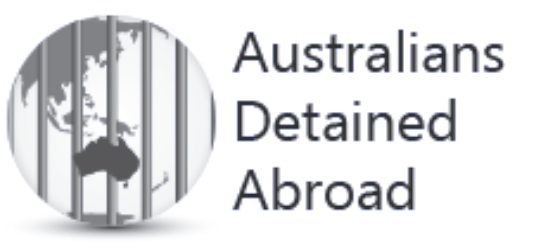Before you or your family member travel overseas, you should:
[list type=check_list]
- Register the traveler’s travel and contact details with the Department of Foreign Affairs and Trade at smarttraveller.gov.au so the Department can contact them if they are detained while they are overseas.
- Research the law of the travel destination. The laws in the country you or your family member visit may be different from the laws that are enforced in Australia. Ignorance of the local laws will be no defence if you are arrested overseas. In the Country Info section of the Australians Detained Abroad website you can find links to material containing information about the laws enforced in different foreign countries.
- Know about drug laws in different countries. Many Australians detained overseas are held in custody for suspected drug offences. The Australian Government cannot override local law: in some countries the death penalty or life imprisonment is imposed for drug offences.
- Learn about the local customs and cultures. In some countries these customs are protected by law and violation can lead to criminal sanctions.
- Make sure you or your family member have the correct visas for any country they are visiting (if a visa is required). For example, check if you require visas for any country you visit in transit, even if you have no plans to leave the airport. To find out the visa requirements for each country visit smartraveller.gov.au or contact the nearest consulate, embassy or high commission of the countries the traveler will be visiting.
- Travel Insurance. You or your family member should arrange travel insurance that will provide the traveler with financial assistance in the event their trip is disrupted by legal issues.
- Keep a copy of travel documents. Make sure a family member has at least one copy of the traveler’s passport, itinerary, tickets, visas and travel insurance policy and that the person travelling also has a copy of these documents with them.
- Money. Arrange a variety of ways for the traveler to access money while overseas, in order to facilitate easy access to funds if legal issues arise whilst the traveler is abroad. This can include cash or debit and credit cards. However, check beforehand that the cash the traveler carries does not exceed the maximum amount that can be bought into the travel destination.
- Medication. Check that any medications you of your family member plans to take with them are legal in the countries they are visiting. It is also important to check the quantity of medication as some countries allow only one month’s supply, prescribed or otherwise.
- Work out who to contact and how often the traveler will keep in contact with their contact person/s while they are overseas. If you have family or friends in a coutnry where your family member is travelling consider providing those details to the traveler so they have a local person to contact in case of an emergency.
[/list]
